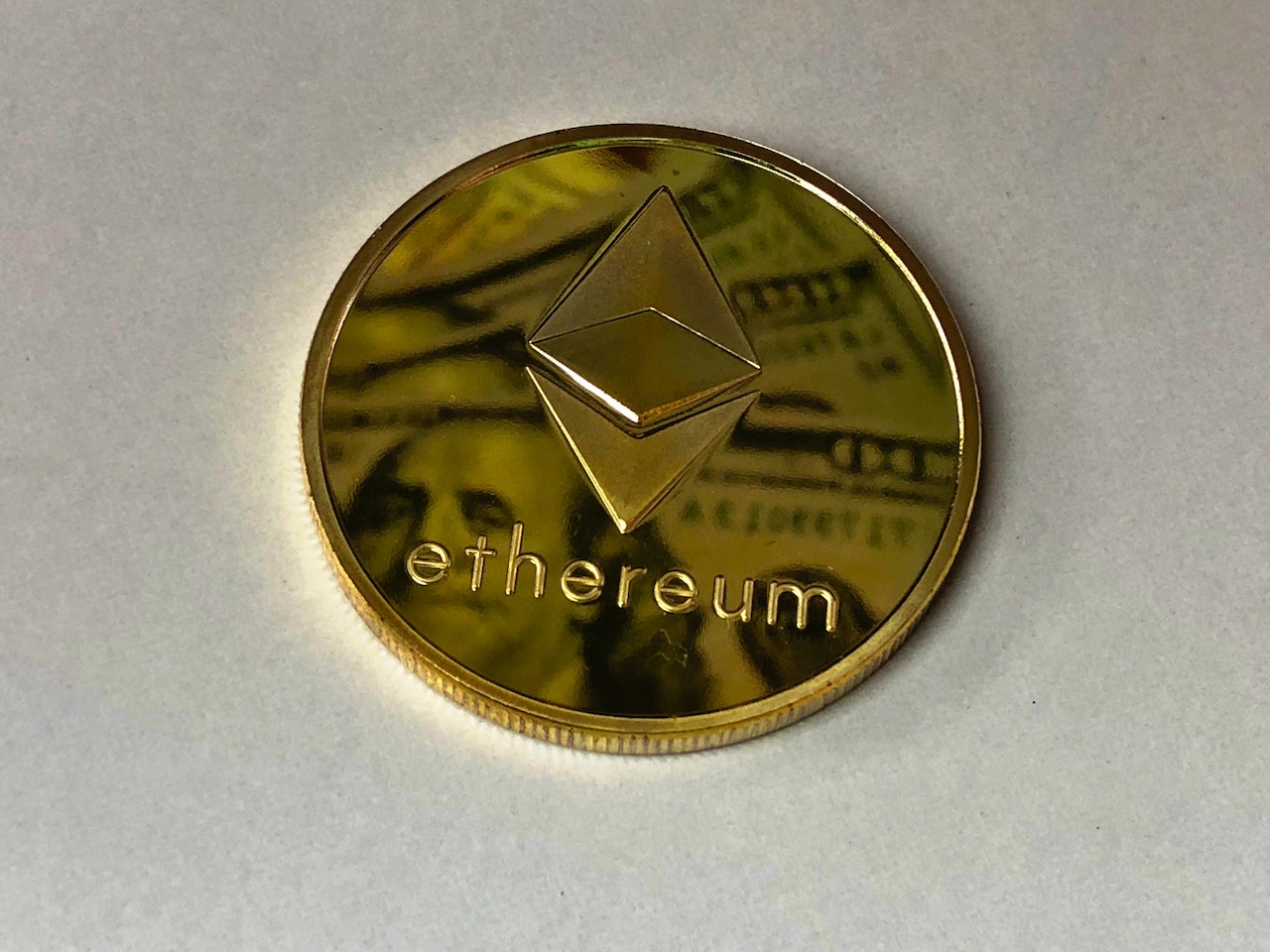The jewel market in Africa is blasting, and there is a huge interest for these valuable stones. The vast majority of the precious stones come from the African nations of Zimbabwe, Angola, and South Africa. These nations have a long history of mining and sending out jewels. Begin your digital money exchanging venture by joining at bitqs.online.
The precious stone market in Africa is extremely cutthroat, and a wide range of organizations are competing for a portion of the market. The African nations that produce jewels can sell them at a greater expense than different nations since they have a restraining infrastructure on creating these stones.
The jewel market in Africa is supposed to develop significantly more before long as the interest for these stones increments. Furthermore, many individuals are currently hoping to purchase jewels as a venture since they are viewed as a sanctuary during monetary vulnerability.
The African jewel market is likewise fundamental for the worldwide precious stone industry, as large numbers of the world’s jewels come from Africa.
Assuming you’re keen on trading precious stones or putting resources into the jewel business, it’s vital for realize about the African precious stone market.
By giving a decentralized stage to following and trading precious stones, Ethereum has empowered African jewel vendors to interface with purchasers around the world. Thus, it has expanded rivalry in the precious stone market and brought down customers’ costs.
Moreover, by dispensing with the requirement for middle people, Ethereum has decreased the expense of carrying on with work in the precious stone industry. Thus, more African organizations can partake in the worldwide jewel market.
Experts of Ethereum on the precious stone market of Africa
The Ethereum blockchain affects the precious stone market in Africa. In view of the straightforwardness and detectability that the blockchain gives can show a greater comprehension at a more exorbitant cost point than any time in recent memory. Furthermore, the blockchain takes into consideration a lot quicker and more productive exchanges. It is fundamental in the jewel market since it can frequently require weeks or even a long time to settle a deal. With Ethereum, purchasers and merchants can execute in no time flat.
At last, the savvy contracts on the Ethereum blockchain give an additional layer of safety for the two players in a jewel exchange. It is fundamental since jewels are in many cases subject to extortion. Generally, the Ethereum blockchain has emphatically impacted the precious stone market in Africa by expanding straightforwardness, productivity, and security.
Cons of Ethereum on the precious stone market of Africa
Notwithstanding the potential advantages that Ethereum could bring to the jewel business in Africa, it ought to think about a few unfavorable impacts. One of these is that Ethereum could disturb the current precious stone market in Africa.
It could prompt lower costs for precious stones and a decrease in the general nature of jewels delivered in Africa. Also, Ethereum mining activities could prompt ecological harm in Africa and social and financial dislodging of nearby networks.
End
The nitty gritty end is that the Ethereum blockchain has decidedly affected the precious stone market in Africa. In particular, it has helped increment straightforwardness and confidence in the jewel business while additionally lessening costs related with precious stone exchanging.
Likewise, the utilization of brilliant agreements on the Ethereum blockchain has assisted with smoothing out the most common way of trading jewels, making it more productive and easy to understand. Generally, the Ethereum blockchain emphatically affects the precious stone market in Africa and is supposed to do as such from now on.
